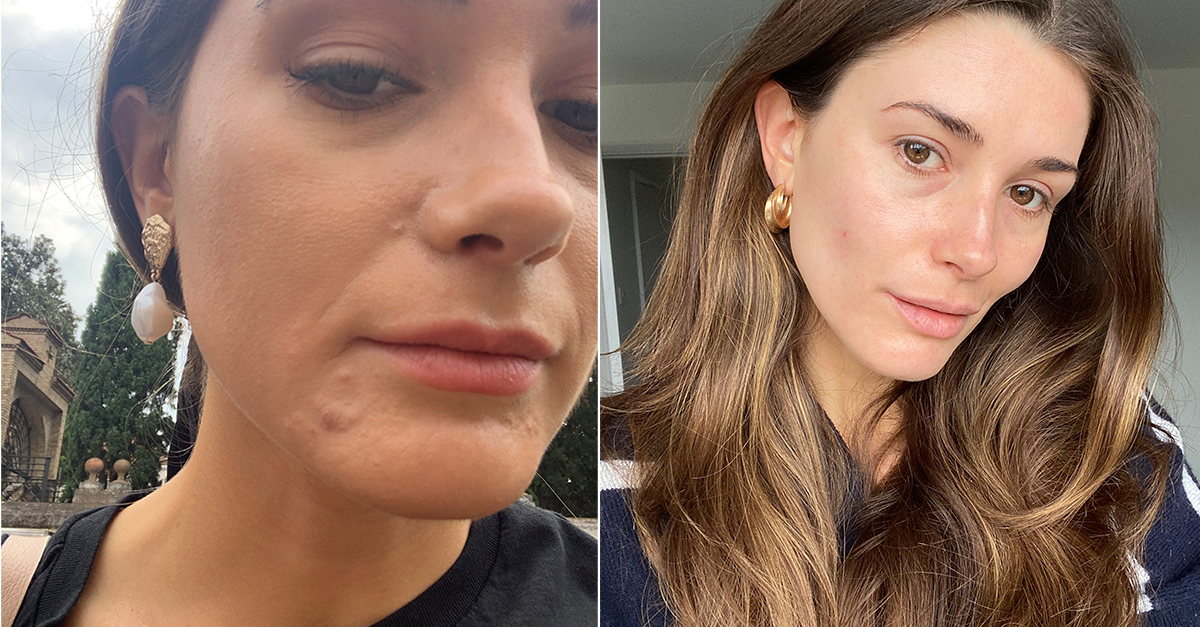
At this point, I’d been experiencing cystic acne for years, and my skin was getting worse and really getting me down (not to mention the acne scarring aftermath of each breakout). I’d had a hunch for a long time that no matter what I put on my skin, it wouldn’t work, as there was something going on internally. I’d lost count of how many times I had visited the GP. Exasperated, I returned to my doctor again, who was sympathetic towards skin conditions, and she referred me to see a dermatologist through the NHS.
Getting this dermatologist appointment was a real breakthrough, as I felt I was finally being understood. At the time of my appointment, I was experiencing an eczema flare too, but she reassured me that we could address my hormonal acne at the same time as my eczema. Roaccutane is one acne treatment path that is offered if suitable. However, as my skin was eczema prone, this wasn’t suitable for me. Roaccutane is an oral medication that treats acne, but it can make the skin temporarily very dry, so we concluded this wouldn’t be suited to my eczema-prone skin. Instead, we decided to try a medication called spironolactone. And let me tell you it changed the game for my skin.
Curious to know more about spironolactone treatment for acne? I spoke to Malvina Cunningham, dermatologist for Skin+Me, who shared everything you need to know about this acne medication.

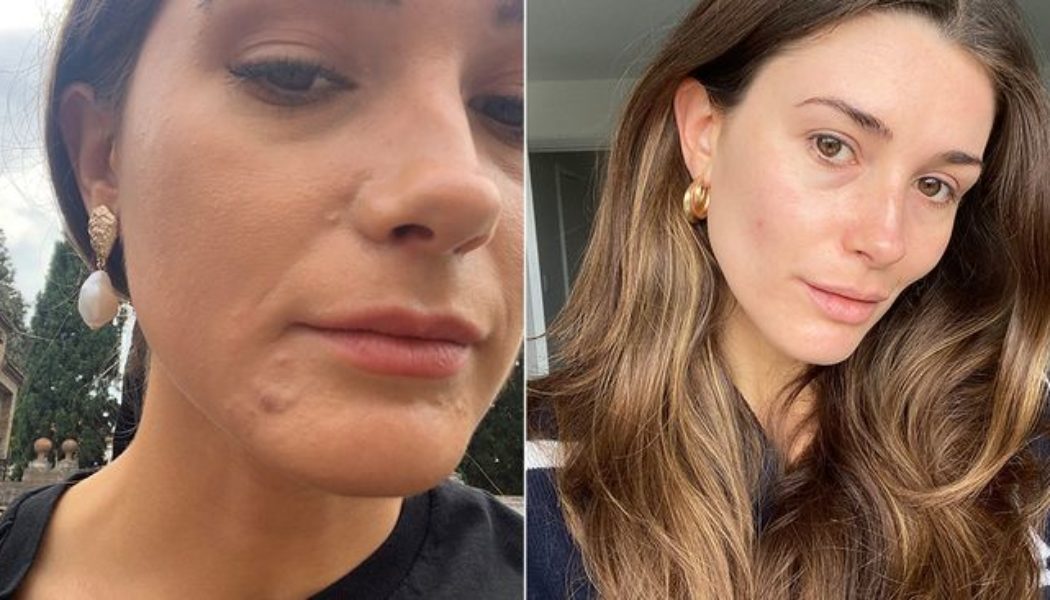

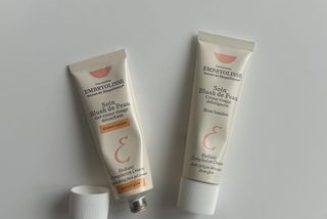

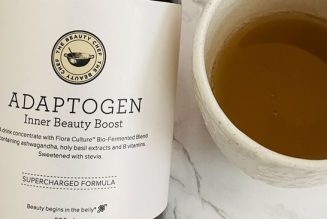


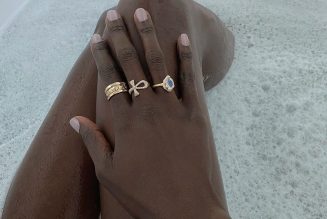
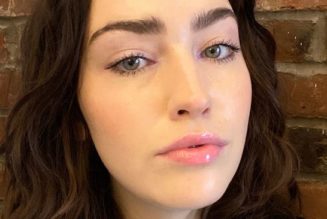
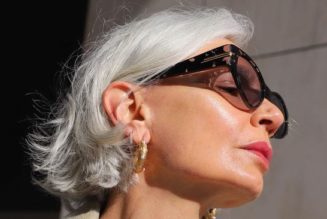

Tagged: skin